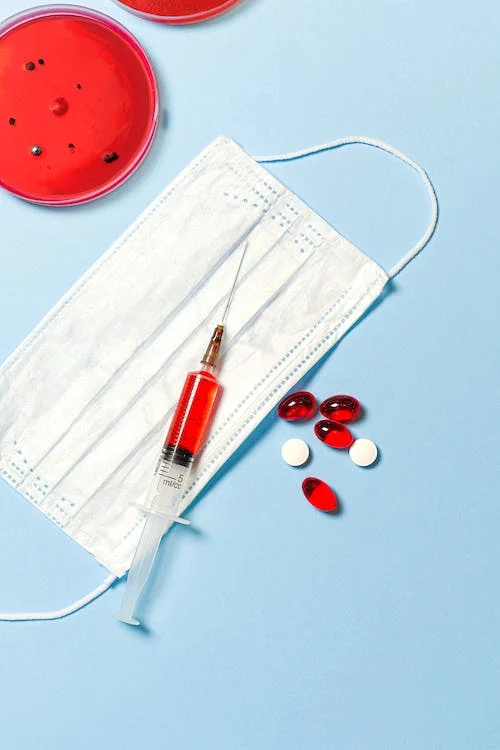Do you have an addiction that is taking over your life and making it unmanageable? If so, then you’re not alone. There are many people who struggle with addiction every day. The good news is there are many forms of treatment available to help addicts get their lives back on track. That is why treatment centers all over, such as Maryland’s Ashley Addiction Treatment have several different forms of addiction treatment including inpatient rehabilitation, outpatient rehabs, and extended care.
In this post, we will examine the different forms of addiction treatment that are provided at Ashley Addiction Treatment. There are a lot of good things about going to inpatient rehab. One of the most important things about inpatient rehab is that it is more intense than outpatient rehab. People who go to inpatient rehab get a more intense treatment plan that lasts for a long time.
Inpatient care
Inpatient care is often the first and most crucial form of addiction treatment that an addict will engage in. In this type of rehab, you can expect to participate in individual therapy sessions as well as group therapy ones. Additionally, addicts usually participate in activities such as yoga or meditation during their stay at Ashley Addiction Treatment’s residential rehabilitation center. The goal of this type of treatment is to help addicts become clean and sober so that they can live fulfilling lives without addiction. The general outpatient treatment is an excellent option for clients who need a high level of support and personal investment in their recovery. It involves preparation for independent living and coaching on navigating everyday tasks.
Inpatient care is best for those who need a strong foundation for their recovery and those whose addictions are so severe that they cannot function without professional help. It is also usually beneficial for addicts who have been struggling with addiction, even if only on a moderate level, for several years or more.
It can also be tremendously helpful for those who suffer from both mental health and addiction issues, as the two are often intertwined. In this case, both mental health and substance abuse problems can be treated simultaneously during a patient’s stay at an inpatient program like Ashley Addiction Treatment’s residential rehabilitation center.
At Ashley, the types of inpatient treatment are segmented into four subcategories: primary inpatient, emerging adult, relapse, and pain recovery.
Outpatient care
Another type of treatment is outpatient rehabs which provide addicts with support from counselors but allow them to continue with their normal daily routines. Outpatient rehabs are beneficial for those who need more freedom and flexibility in order to make a full recovery from addiction, as well as those whose addictions are not severe enough that they require the supervision of an inpatient program.
There are three different types of outpatient rehab:
General outpatient services
This form of treatment is for those who already have some sort of support group in places, such as family and friends. For those who do not have a support group in place, focusing on the development of these sorts of relationships is an important part of outpatient rehab that helps addicts recover from addiction.
Partial hospitalization programs (PHP)
These are similar to general outpatient services but involve more frequent visits with a counselor and a greater degree of medical care for addicts who need it.
Intensive outpatient programs (IOPs)
These are similar to general outpatient services but offer more counseling sessions per week as well as other forms of support that people in general outpatient programs may not have access to.
Finding freedom from addiction can be a difficult process. Thankfully, there are many different forms of treatment available at Ashley Addiction Treatment to help you or your loved one get their life back on track. In this article, we’ve covered the three main types: inpatient care, outpatient rehabs, and extended care. If any of these sound like something that would benefit you then don’t wait a second longer. Get help today!

